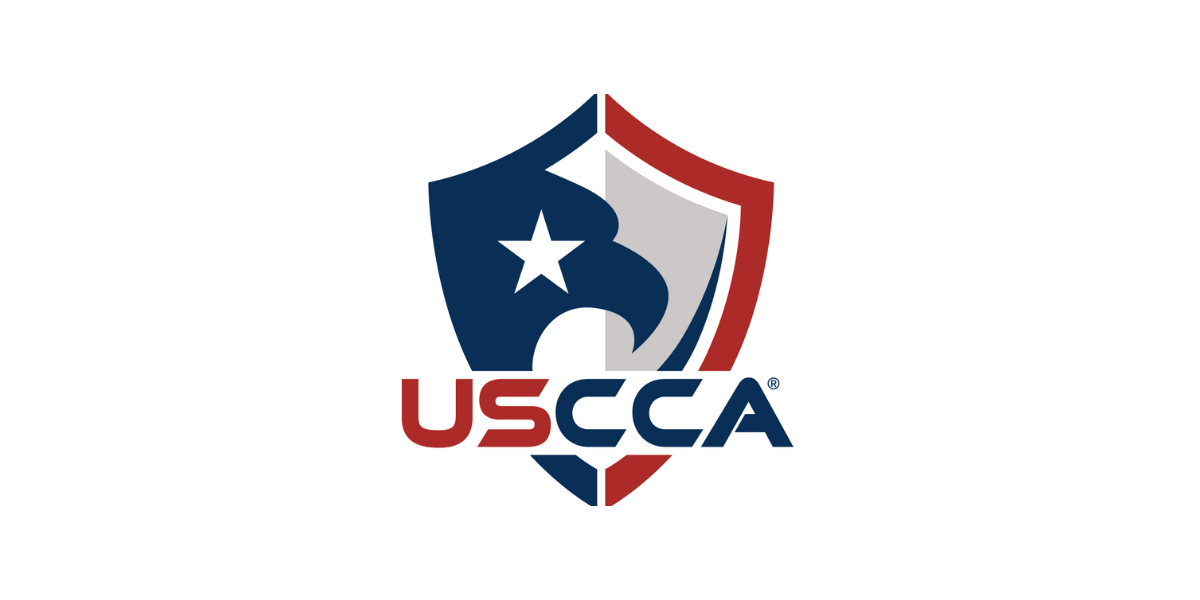Custody agreements between parents lay out an array of details regarding a child’s upbringing, and most often include visitation schedules including holidays, co-parenting responsibilities, vacation schedules and more. But as children get older or parents’ situations change, it may be necessary to modify a custody order.
Generally, courts will modify custody orders if there has been a significant change in circumstances since the order was originally entered and when the best interest of the children involved are no longer being met by the current arrangement. It is up to the parent seeking to modify an order to prove that there has been a substantial change in circumstances warranting a review.
A variety of situations may arise that indicate it may be time to modify a child custody order. For example:
- There is difficulty on the part of one of both of the parents in carrying out the arrangements of the current custody arrangement.
- The circumstances of one or both parents change—perhaps a parent is moving or their work schedule has changed.
- The child’s schedule has changed (extra-curricular activities, etc.).
- Domestic violence has occurred in one of the parent’s homes and/or there is an imminent danger to the children.
- A parent is in the military.
- A parent is in jail.
In seeking modification to a custody order, parents should be prepared to show that a custody modification would be in the best interest of their children. Documentation that may be helpful in discussing whether or not a substantial change in circumstances has occurred include:
- notes or a journal that demonstrates problems with the current arrangement;
- school or other extra-curricular calendars;
- statements from individuals who interact with the child, such as teachers, coaches or doctors;
- paperwork that shows evidence of a parent’s unfit or illegal behavior;
- doctor or emergency care records in the event of injury; and
- report cards, if child is not doing well in school under a parent’s care.
A child’s ‘best interest’
Once a change in circumstances has been established, the Courts will then go on to analyze what is best for the child(ren). As in all legal matters related to children, including custody, courts will consider the “best interest” of a child when making decisions. There is no standard definition of “best interest,” but it generally refers to the factors the judge considers when deciding what will best serve the child and who is best suited to take care of the child, according to the New York State Unified Court System.
Courts look to similar standards when evaluating custody modifications as they do in determining custody and visitation. For example, according to nycourts.gov, a judge will consider many factors when reviewing custody arrangements, including:
- which parent has been the main care giver/nurturer of the child;
- the parenting skills of each parent, their strengths and weaknesses and their ability to provide for the child’s special needs, if any;
- the mental and physical health of the parents;
- whether domestic violence has occurred;
- work schedules and child care plans of each parent;
- the child’s relationships with siblings and the rest of the family;
- what the child wants, depending on his or her age; and
- each parent’s ability to cooperate with the other parent and to encourage a relationship with the other parent, when it is safe to do so.
For more information about custody orders or to discuss whether you have grounds to modify an existing custody arrangement, it is advisable to seek a knowledgeable Family Law Attorney, who can help parents navigate the process.






